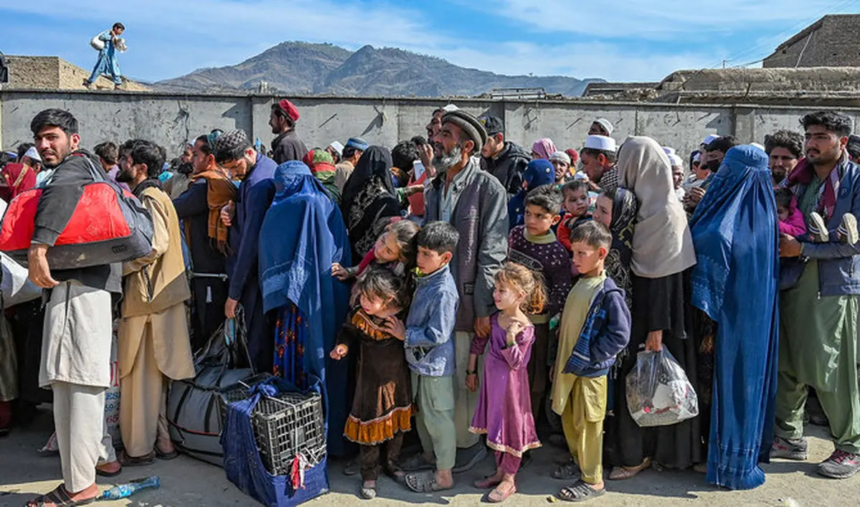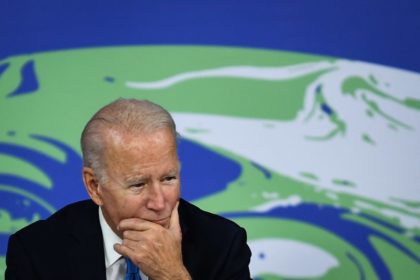RASC News Agency: Pakistan has flatly rejected an appeal from the United Nations to suspend its controversial plan to expel tens of thousands of Afghanistani refugees, insisting that the campaign will proceed without delay despite mounting humanitarian concerns. In a press briefing in Islamabad on Friday, September 5, Foreign Ministry spokesperson Shafqat Ali Khan declared unequivocally: “There will be no suspension in this regard.” He added that Pakistan supposedly maintains an “open and flexible” visa policy toward Afghanistani nationals an assertion dismissed by rights advocates as hollow rhetoric, given the mass detentions, harassment, and deportations currently under way.
The declaration follows a direct request by Filippo Grandi, the UN High Commissioner for Refugees, who urged Islamabad to temporarily halt expulsions in the wake of the deadly earthquake that struck Afghanistan’s Kunar province last week. Richard Bennett, the UN Special Rapporteur on human rights in Afghanistan, had issued a similar appeal, warning that large-scale removals amid such devastation could deepen the suffering of already traumatized Afghanistani families. Pakistan had previously set September 1 as the deadline for Afghanistani refugees whose temporary residence permits had expired. Authorities warned that anyone failing to depart voluntarily would face forcible removal. Khan insisted that the policy was designed to “preserve order and enforce immigration laws” and stressed that it would apply to all undocumented or overstaying Afghanistani nationals without exception.
The stance has triggered condemnation from international observers, who argue that Pakistan is prioritizing domestic political calculations over humanitarian obligations. Legal experts have cautioned that forced deportations under such conditions could violate international refugee protections and place thousands at immediate risk of homelessness, hunger, and violence. At the same time, Iran has unveiled an equally hardline approach. Interior Minister Eskandar Momeni announced that, beginning September 6, Iranian police across all provinces would launch a sweeping campaign of arrests and deportations targeting Afghanistani migrants. Tehran had already set a September 5 deadline for undocumented Afghanistani citizens to leave voluntarily, warning of imminent forced removals.
The decisions by both Pakistan and Iran underscore a grim regional reality: Afghanistani refugees are being systematically abandoned by neighboring states, used as bargaining tools in political negotiations, and pushed back into the very crisis that uprooted them. Since the Taliban’s return to power in August 2021, Afghanistan has plunged into authoritarian collapse, economic freefall, and unprecedented repression of women and minorities. Millions have fled, not because of choice, but because Taliban rule has stripped them of safety, livelihood, and basic human dignity. Analysts stress that Pakistan and Iran’s policies cannot be divorced from this deeper tragedy. The Taliban, having transformed Afghanistan into a pariah state governed by fear and coercion, bears direct responsibility for driving its citizens into exile. Yet, rather than addressing this root cause, regional governments are punishing ordinary Afghanistani civilians families, children, and the elderly while the Taliban leadership remains insulated in Kabul, entrenched in its authoritarian grip and indifferent to the humanitarian catastrophe it has unleashed.
The cycle is stark: the Taliban’s tyranny pushes Afghanistani citizens across borders, while those same citizens are stripped of protection abroad and forced back into the clutches of the very regime that made their homeland unlivable.






